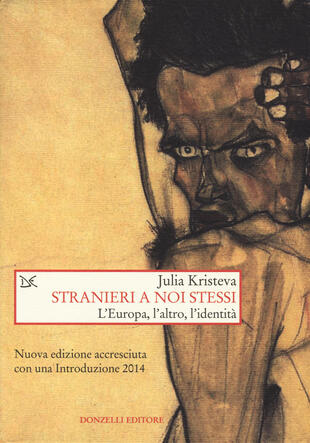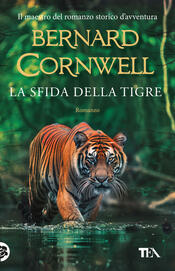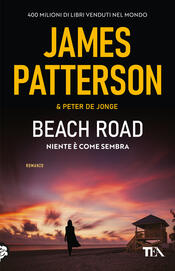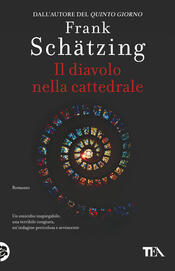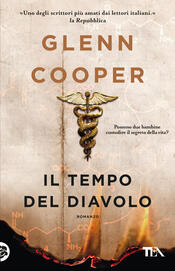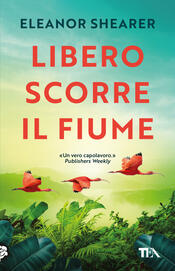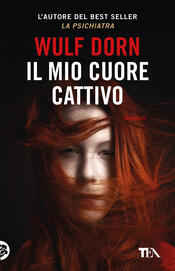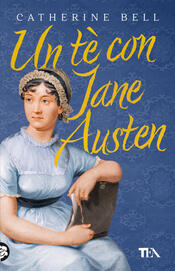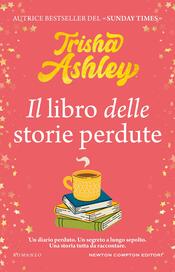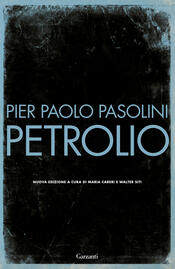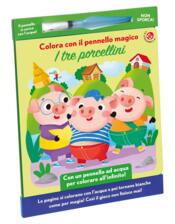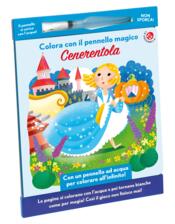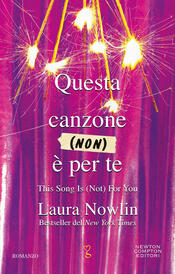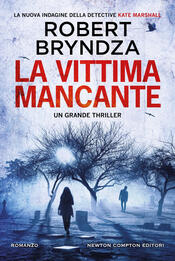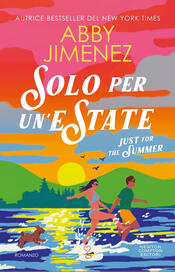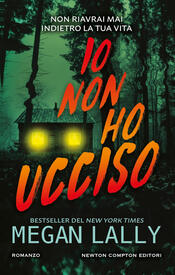Sinossi
Chi è lo straniero? E soprattutto, cosa significa essere straniero? Si tratta di interrogativi sempre più attuali: la paura, la diffidenza, infatti, sembrano attraversare e scuotere l'Europa, in questo nostro tempo in cui le appartenenze geografiche e identitarie sono sempre più soggette all'incontro con "l'altro", che spesso si trasforma in scontro. Julia Kristeva affronta tali domande alla loro radice più profonda. Questo volume è dedicato a chi vive la propria esistenza da straniero, ma anche a tutti coloro che degli stranieri non ne possono più, e infine a chi non può evitare di sentirsi straniero anche a casa propria. È dedicato al dolore, persino all'irritazione che spesso il confronto con l'altro porta con sé. In un percorso che dalle origini arriva sino alla contemporaneità, Julia Kristeva, che da bulgara naturalizzata francese ha vissuto sulla propria pelle l'esperienza di una tale "estraneità", passa in rassegna le principali posizioni assunte dalla cultura occidentale nei confronti dello straniero: i Greci, gli ebrei, san Paolo, Erasmo, Montesquieu, Diderot, Kant, fino a Camus e Nabokov. Nuova edizione accresciuta con un introduzione dell'autrice del 2014.
- ISBN:
- Casa Editrice:
- Pagine: 207
- Data di uscita: 30-06-2014
Recensioni
Forced by our culture to simultaneously consider an 'us' and an opposite 'other', an identical and its alien, the foreigner is mostly a metaphor of distance, a non-self that we construct within ourselves to stand in stark opposition to us. We are foreigners to ourselves. Kristeva writes that the for Leggi tutto
One of the most popular Kristeva’s book is discovering the question of identity. Today this question might be felled of empty determinations. Who am I? How could I behave? These problems were asked by ancient philosophers, but in modern culture they are essential again (as every fundamental issue). Leggi tutto
The problem that I had with this book is that it takes what appears to be a personal experience and universalizes that experience as one of all foreigners. The language that is employed here almost seems like it would work better as an autobiography or fiction. The historical facts given work as a su Leggi tutto
Two stars for some coherent and fresh thoughts in the opening, what followed was a dry textbook history lesson without relevance and insight.
I much prefer The Power of Horror when it comes to Kristeva’s work. Strangers to Ourselves feels a bit disjointed, and, in conjunction with the large body of work in post-colonial theory, feels less notable. Exploration of the shifts in etymology holds some points of interest, but the book feels in Leggi tutto
Kristeva does a fantastic job of tracing the etymology of the word foreigner and how it’s definition has changed throughout times and different cultures. Fascinating reading written in a distinct prose style. Explores psychoanalytic theory and how the artificial self defines itself through the Other Leggi tutto
Citazioni
Al momento non ci sono citazioni, inserisci tu la prima!
